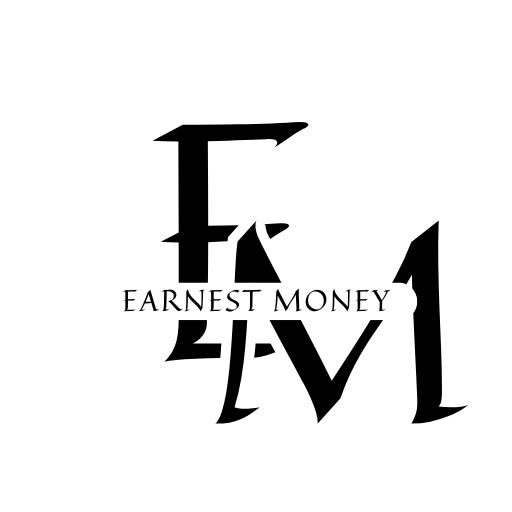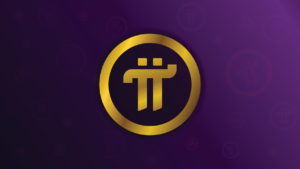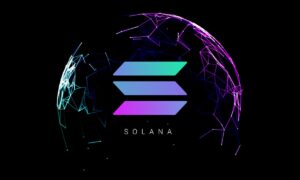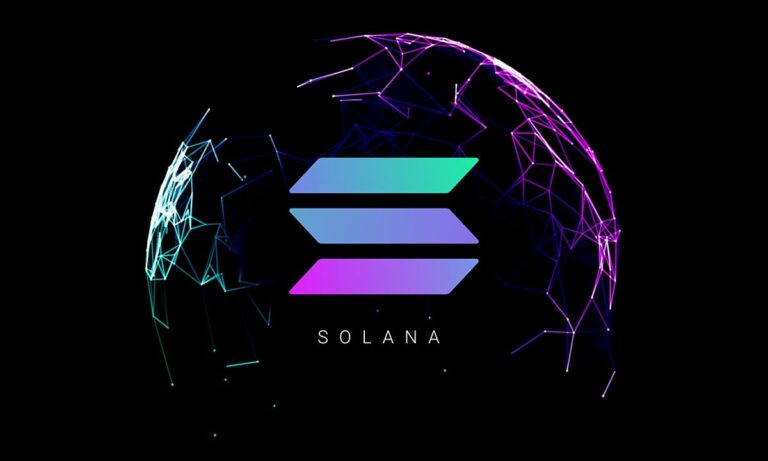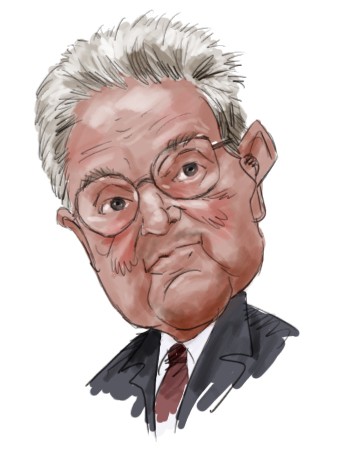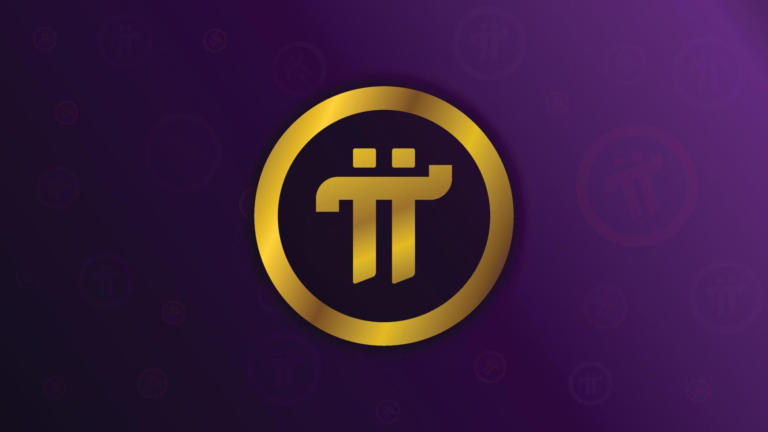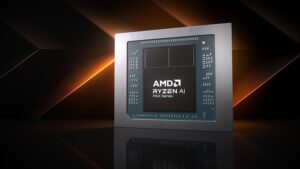- Billionaire Bill Gates Has 66% of His Foundation’s $44 Billion Portfolio Invested in 3 Phenomenal Stocks
- Primo Brands shares projected to gain as portfolio strengthens, says BMO By Investing.com
- Lazard Global Listed Infrastructure Portfolio Q3 2024 Commentary
- Stock market strategy: How to build your equity portfolio in 2025? Here’s a guide
- Top 3 Dividend Stocks To Consider In Your Portfolio
BlackRock is the world’s largest asset manager, with $11.5 trillion in client money under its supervision. Around $3.3 trillion of that is sitting in exchange-traded funds (ETFs) that are operated by the company’s iShares subsidiary.
Bạn đang xem: Meet the BlackRock ETF With 39.2% of Its Portfolio Invested in Broadcom, Nvidia, Amazon, and Microsoft
Investors can passively own hundreds or even thousands of stocks by purchasing just a handful of different ETFs. They can be especially useful when investors want exposure to a new industry like artificial intelligence (AI) because it’s challenging to determine which individual stocks might be the long-term winners and losers. As the late Vanguard founder John C. Bogle once said, “Don’t look for the needle in the haystack, just buy the haystack!”
iShares currently offers more than 1,400 different ETFs. One of them is the iShares U.S. Tech Independence Focused ETF (IETC 1.11%), and more than one-third of its portfolio (by value) is invested in four AI leaders.
Image source: Getty Images.
A simple way to invest in the AI revolution
As the name suggests, the iShares U.S. Tech Independence Focused ETF invests in companies that help the U.S. achieve technological independence. In other words, companies that source a high percentage of their revenue, production, and tech capabilities inside America’s borders.
Since most of the country’s biggest tech companies have turned their attention to AI, this ETF has become a great proxy for what could be a once-in-a-generation technological revolution — and it’s delivering the returns to prove it (more on that later).
Xem thêm : Morgan Stanley’s Direct Lending Fund Secures BBB Rating: $3.6B Portfolio Shows Exceptional Strength
The ETF holds 117 different stocks, but its top 10 holdings are a star-studded cast of popular AI names. Its top four, in particular, are widely considered to be leaders in AI hardware and software right now:
| Stock | Portfolio Weighting | Stock | Portfolio Weighting |
|---|---|---|---|
| 1. Broadcom | 15.7% | 6. Salesforce | 3.7% |
| 2. Amazon | 8.12% | 7. Oracle | 3.02% |
| 3. Nvidia | 8.04% | 8. Apple | 2.51% |
| 4. Microsoft | 7.33% | 9. Alphabet (Class A) | 2.46% |
| 5. Accenture | 3.96% | 10. Motorola Solutions | 2.16% |
Data source: iShares. Portfolio weightings are accurate as of Jan. 2, 2025, and are subject to change.
Broadcom makes custom AI accelerators (a type of AI chip) for data centers on behalf of tech giants like Alphabet, which the tech giants use to develop powerful AI models. The company also makes industry-leading networking equipment for data centers, like its Tomahawk and Jericho switches, which regulate how fast information travels between chips and devices. Broadcom stock more than doubled during 2024, on the back of a whopping 220% increase in its AI revenue.
Despite Broadcom’s progress, Nvidia’s data center graphics processing units (GPUs) remain the most popular chips for developing AI by far. The company just started shipping its new Blackwell GPUs, which offer up to 30 times more performance than its previous Hopper GPUs (like the H100), and they are also a cut above the competition. Nvidia will wrap up its fiscal year 2025 later this month, and its revenue is on track to hit $128.6 billion, representing growth of 112% compared to fiscal 2024.
Then there are Amazon and Microsoft, which are two of Nvidia’s biggest customers. Their cloud divisions — Amazon Web Services (AWS) and Microsoft Azure — are building centralized AI data centers filled with GPUs, and they rent the computing capacity to developers who use it to create AI software. Plus, AWS and Azure offer ready-made large language models (LLMs) from leading third parties like Anthropic and OpenAI, which developers can use to speed up their AI software projects. Amazon and Microsoft are also integrating AI into every corner of their legacy businesses, and both companies have developed their own virtual assistants and chatbots to rival the likes of ChatGPT.
Outside of its top 10 positions, the iShares ETF holds a number of other high-flying AI stocks including Meta Platforms, Palantir Technologies, Advanced Micro Devices, and Micron Technology.
The iShares ETF is delivering spectacular returns right now
The iShares ETF has delivered a compound annual return of 20.6% since it was established in 2018, which crushes the average annual return of 13.8% in the S&P 500 index over the same period.
Xem thêm : $151 billion Man: Steve Ballmer’s portfolio is almost entirely dependent on Microsoft’s stock
The iShares ETF isn’t designed to be a complete portfolio on its own because it’s heavily weighted to just a handful of stocks, which is a recipe for volatility. However adding it to an existing, diversified portfolio can have remarkable benefits.
Had you invested $50,000 in the S&P 500 in 2018, it would be worth $123,585 today. However, had you invested 70% of it in the S&P 500 and the other 30% in the iShares ETF instead, that $50,000 would be worth $141,166 today.
It’s a challenge for any fund to deliver annual returns of 20% or more in perpetuity because the law of large numbers eventually catches up. Take Nvidia, for example. It took the company three decades to amass its current valuation of $3.5 trillion, but if it grew by 20% per year for the next 30 years, it would be worth over $830 trillion.
The total wealth held by every person on Earth was around $450 trillion at the end of 2022, according to UBS, so I don’t think Nvidia’s valuation will ever reach such dizzying heights.
With all of that said, the AI boom has legs. Nvidia CEO Jensen Huang predicts data center operators will spend $1 trillion over the next four years on upgrading their infrastructure to meet demand from AI developers. Moreover, PwC thinks AI overall will add $15.7 trillion to the global economy by 2030.
Therefore, while investors shouldn’t put all of their eggs into the iShares ETF, they should definitely consider adding it to their portfolio.
Suzanne Frey, an executive at Alphabet, is a member of The Motley Fool’s board of directors. John Mackey, former CEO of Whole Foods Market, an Amazon subsidiary, is a member of The Motley Fool’s board of directors. Randi Zuckerberg, a former director of market development and spokeswoman for Facebook and sister to Meta Platforms CEO Mark Zuckerberg, is a member of The Motley Fool’s board of directors. Anthony Di Pizio has no position in any of the stocks mentioned. The Motley Fool has positions in and recommends Accenture Plc, Advanced Micro Devices, Alphabet, Amazon, Apple, Meta Platforms, Microsoft, Nvidia, Oracle, Palantir Technologies, and Salesforce. The Motley Fool recommends Broadcom and recommends the following options: long January 2025 $290 calls on Accenture Plc, long January 2026 $395 calls on Microsoft, short January 2025 $310 calls on Accenture Plc, and short January 2026 $405 calls on Microsoft. The Motley Fool has a disclosure policy.
Nguồn: https://earnestmoney.skin
Danh mục: News







